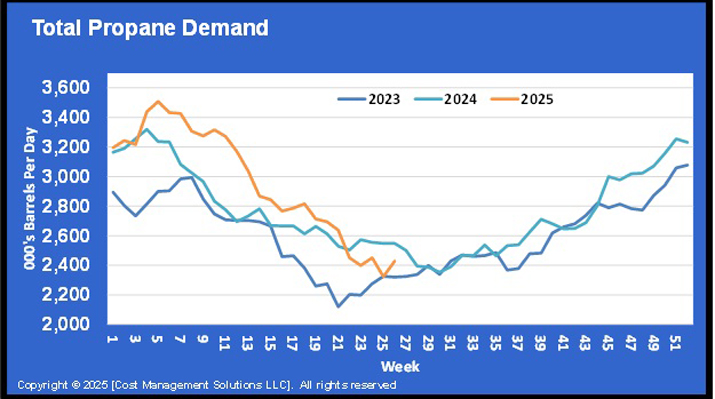Oceanic quirk blamed for record-low temps in January
January is finally gone, and many propane retailers in the eastern United States are hoping February offers an opportunity to catch their businesses up on a winter gone wrong. But what caused the bone-chilling temperatures felt across much of the U.S. last month that ultimately thrust propane into the national spotlight for the wrong reasons?
Weather experts are blaming a warmer-than-normal pool of water in the North Pacific for the extreme cold temperatures felt across the eastern U.S. in January. According to a Wall Street Journal report, the pool of water in the North Pacific was up to 7 degrees warmer than usual in January. The pool generated hot air that moved the polar jet stream farther north before steering south across North America. Weather experts say the pattern that took place last month was the same continental pattern that contributed to record-setting winters in 1977 and 1979.
“The bitter cold we experienced in January was certainly unusual and the coldest we have seen in the 21st century,” Deke Arndt, chief of climate monitoring at the National Climatic Data Center, told The Wall Street Journal. “But they were the kinds of temperatures we would routinely see in two out of three winters in the cold decades of the 1970s and 1990s.”
As cold as much of the eastern U.S. has been, parts of the western U.S. experienced record-setting warmth in January. Weather experts like Arndt attribute the warm temperatures to the same weather pattern affecting the East. According to The Wall Street Journal, Long Beach, Calif., achieved a record high of 88 degrees last month, as did Anchorage, Alaska, with a 62-degree day.
The Wall Street Journal adds that the western U.S. is experiencing one of its 10 warmest winters on record. The eastern half, meanwhile, is experiencing one of its 10 coldest winters on record.
Photo courtesy of Foter
















